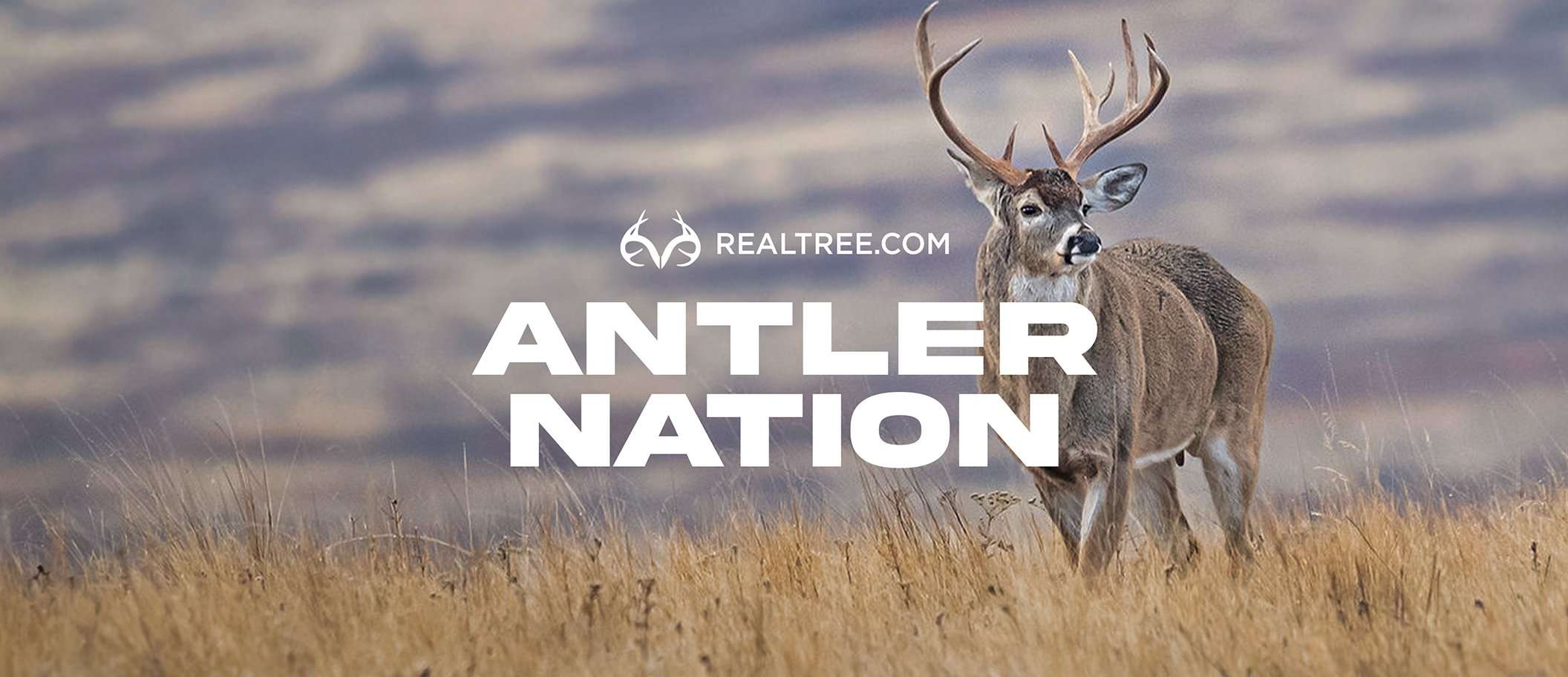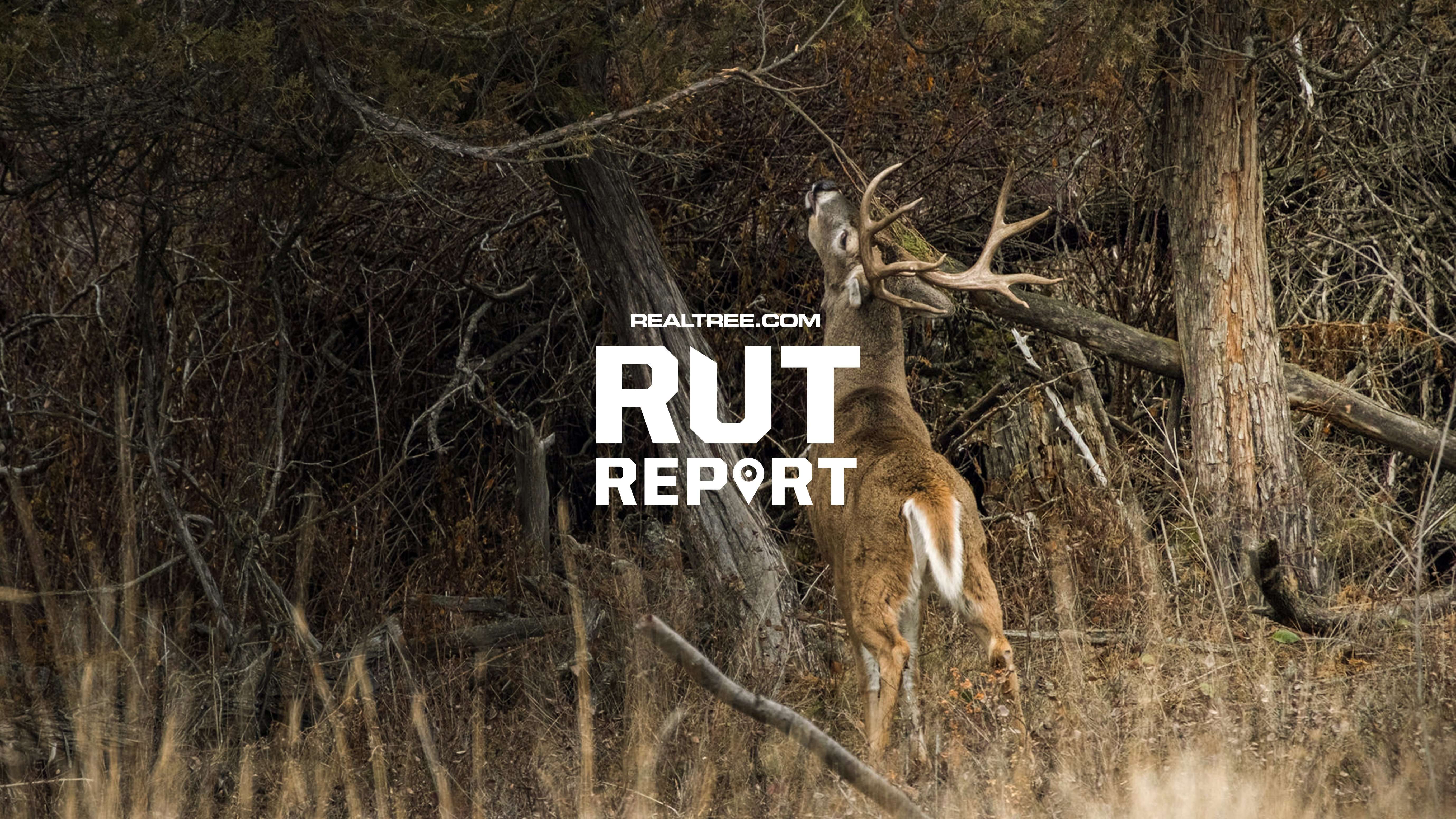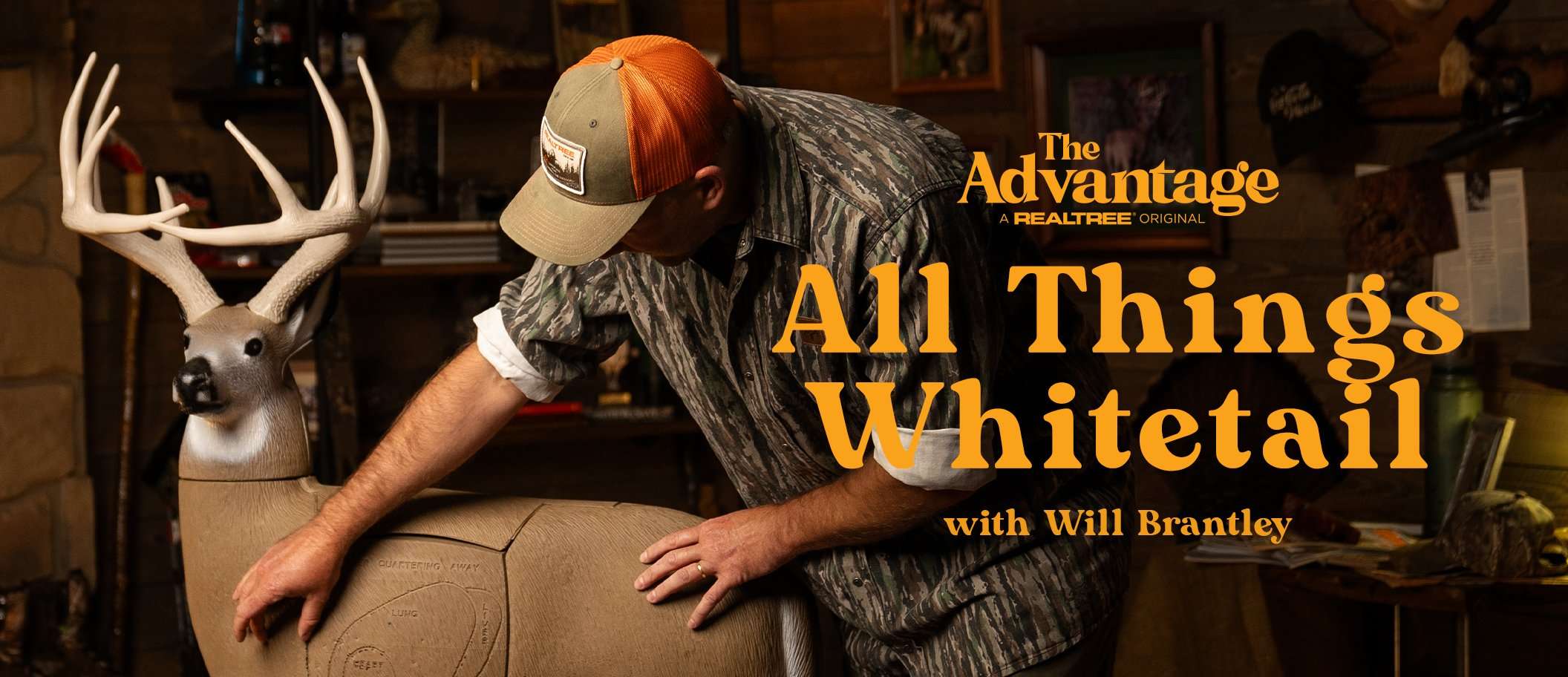The pre-season turkey activity is looking good in other southern states as well
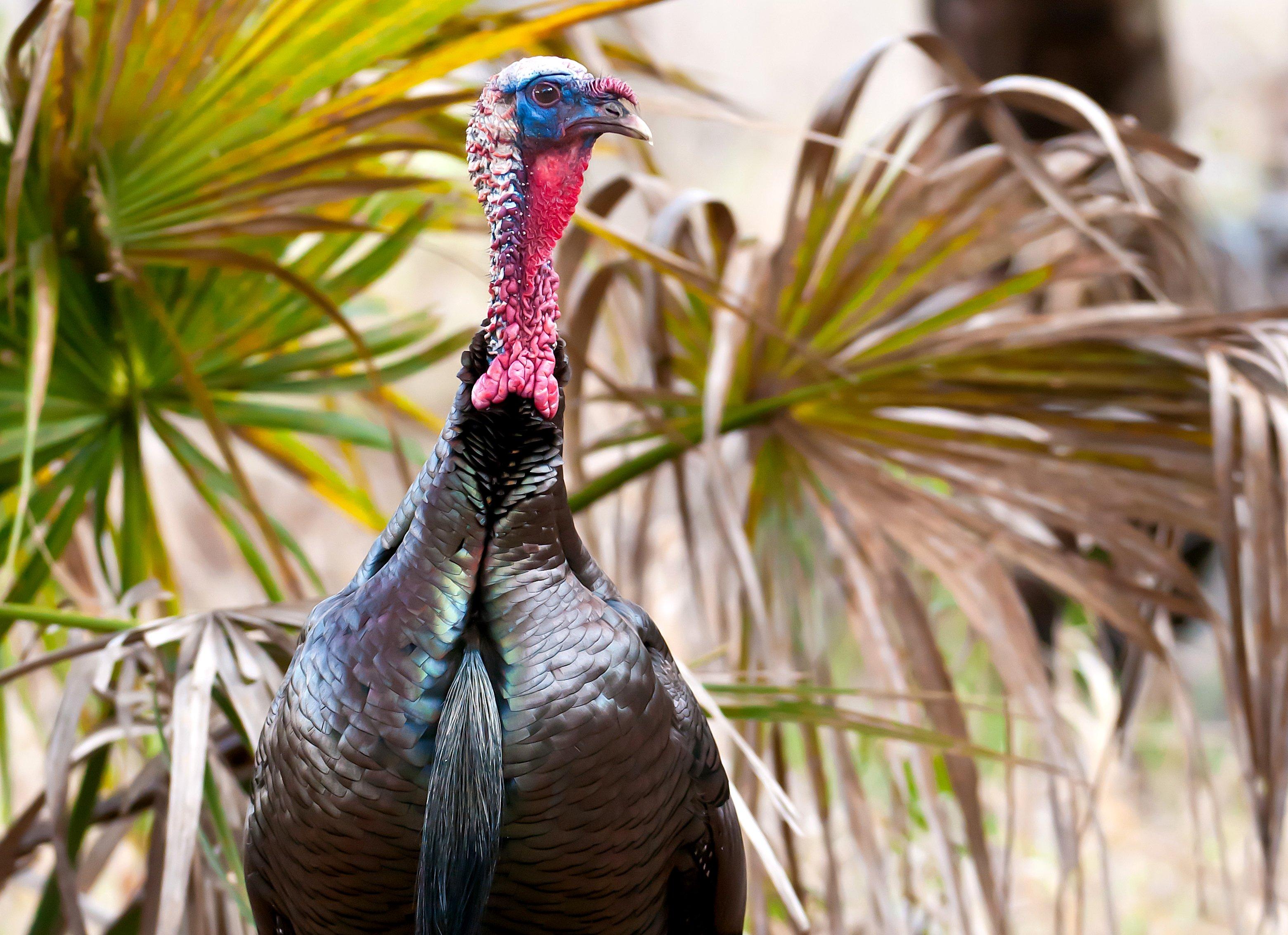
The Osceolas put on a show for the Realtree team during the opening week of Florida’s turkey season. (Photo by Sandy Hedgepeth)
South Florida was good to the Realtree team during opening week of turkey season. Beautiful weather and lovestruck toms resulted in successful hunts with a number of birds in the bag.
Hunt Club and Spring Thunder Host Phillip Culpepper spent 10 days in the southern part of The Sunshine State, where he watched four of his hunting buddies tag their first Osceolas.
“Hunting in South Florida can be challenging,” Culpepper said. “The dense palmetto flats make you feel as if you’re hunting in the jungles of Africa. It’s really tough to hear a turkey gobble in that stuff. You’ve got to be strategic and do a lot of calling and glassing.”
Despite the challenges, Culpepper and his team had some great luck.
“The first few days of the season, the turkeys gobbled really well while coming into calls,” he said. “By midweek, the gobbling had slowed down a bit, but the turkeys still responded well by coming in silent. At one point, we had two turkeys at less than six steps. One almost landed on top of us when it flew across the canal. We have the entire week documented in Hunt Club TV episodes.”
Realtree’s David Blanton said he had a blast during his annual South Florida hunt for Osceolas with Paul Byrd, owner of Southern Outdoors Outfitters.
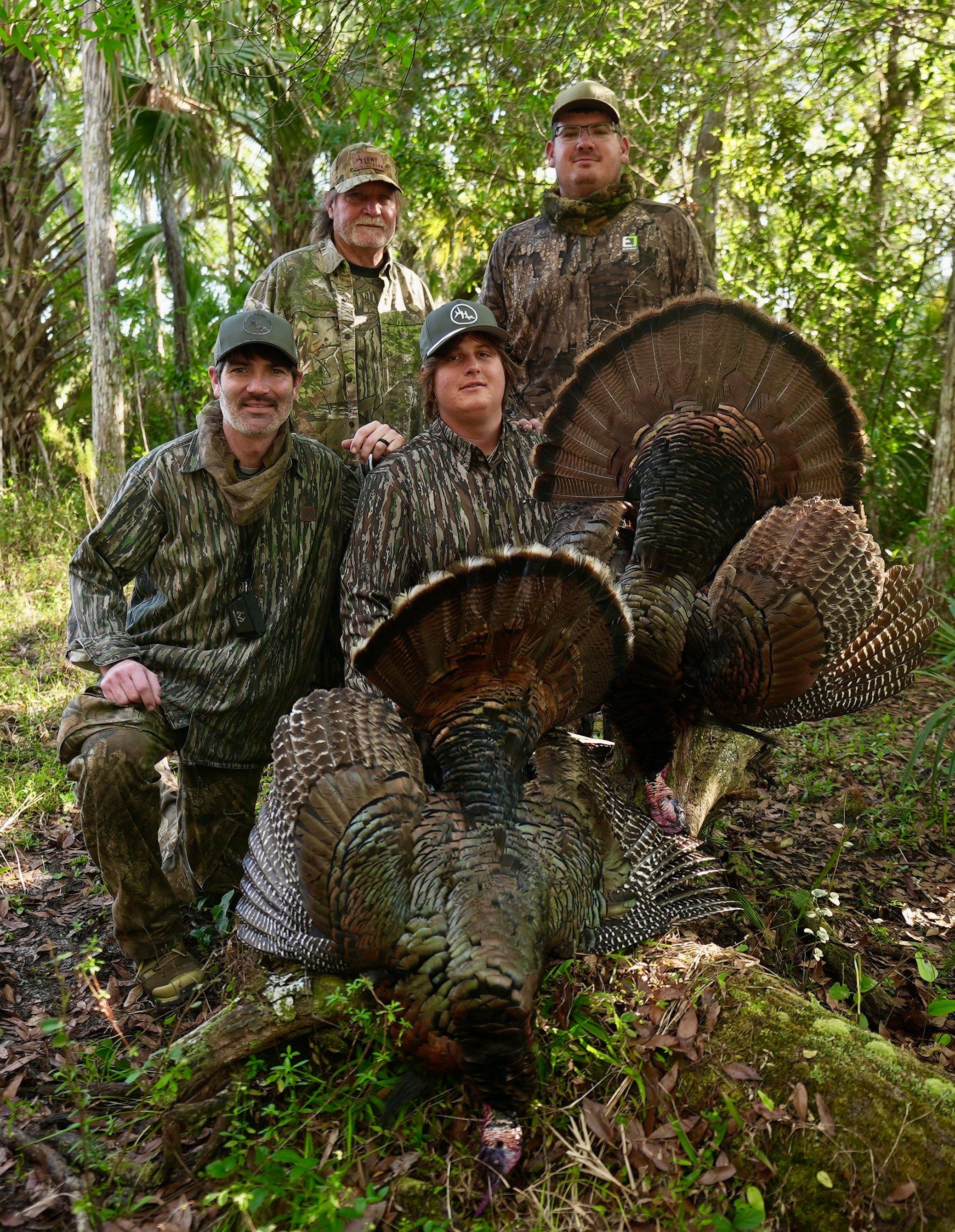
Phillip Culpepper got to watch four of his fellow hunters tag out on birds during Florida’s opening week. (Photo provided by Phillip Culpepper)
“The turkeys gobbled really good at daylight. We heard probably six different gobblers, but nothing wanted to play, so we hung in there a bit longer,” Blanton said. “It got really windy, so we couldn’t really hear them gobbling. We decided to set up in an area where Paul had been seeing two longbeards. At around 4:30 that afternoon, they showed up and showed interest in our calls. I killed the strutter. It aired on Spring Thunder this past weekend.”
Blanton then headed to Mississippi, where turkey season opened on March 15, and said he can’t wait to let everyone know what the birds are doing in that state.
Mark McKenna, owner of McKenna Ranch Outfitters in Mississippi, says things on his property aren’t looking too good due to wild hogs.
<span>“There are very few birds in our area because of hogs,” McKenna said. “Until the feds allow poison to be used on hogs, there will be fewer turkeys everywhere.</span> I can control the coons and possums, but the hogs are a plague and trapping is insufficient because my neighbors and their neighbors don’t trap.”
Adam Butler, wild turkey program coordinator with the Mississippi Department of Wildlife, Fisheries and Parks, said based on what he's heard from hunters during this past week of the youth season, the consensus seems to be that there’s very little activity going on just yet.
“Green up and gobbling activity seems to be running a little behind normal. Turkeys are still in large groups, with some hunters still reporting sizable bachelor groups of gobblers,” Butler said.
Outdoor photographer Tes Jolly says things are getting exciting on her farm in Central Alabama, where the season opens on March 25.
“The winter flocks have been coming together and there’s been some wild interactions,” Jolly said. “Hen battles are as chaotic as the toms mixing it up to determine the hierarchy. They’ve settled into social groups for breeding now. Toms are gobbling on the roost but not as much on the ground. Lots of strutting going on!”
She said she witnessed breeding on her farm on February 28, which is the earliest date she’s ever seen turkeys breed. She said a flock of 13 hens literally ran 200 yards to the tom.
“He bred a hen, and unfortunately, three toms spotted the action and ran him off. The dominant toms have some time to pass along their genes before hunting season opens, which is a good thing. Turkeys are spending time some mornings feeding on tree buds, which is delaying fly-down.”
Turkeys for Tomorrow (TFT) board member Will Dixon said his encounter with Alabama birds is is pretty typical for the early season.
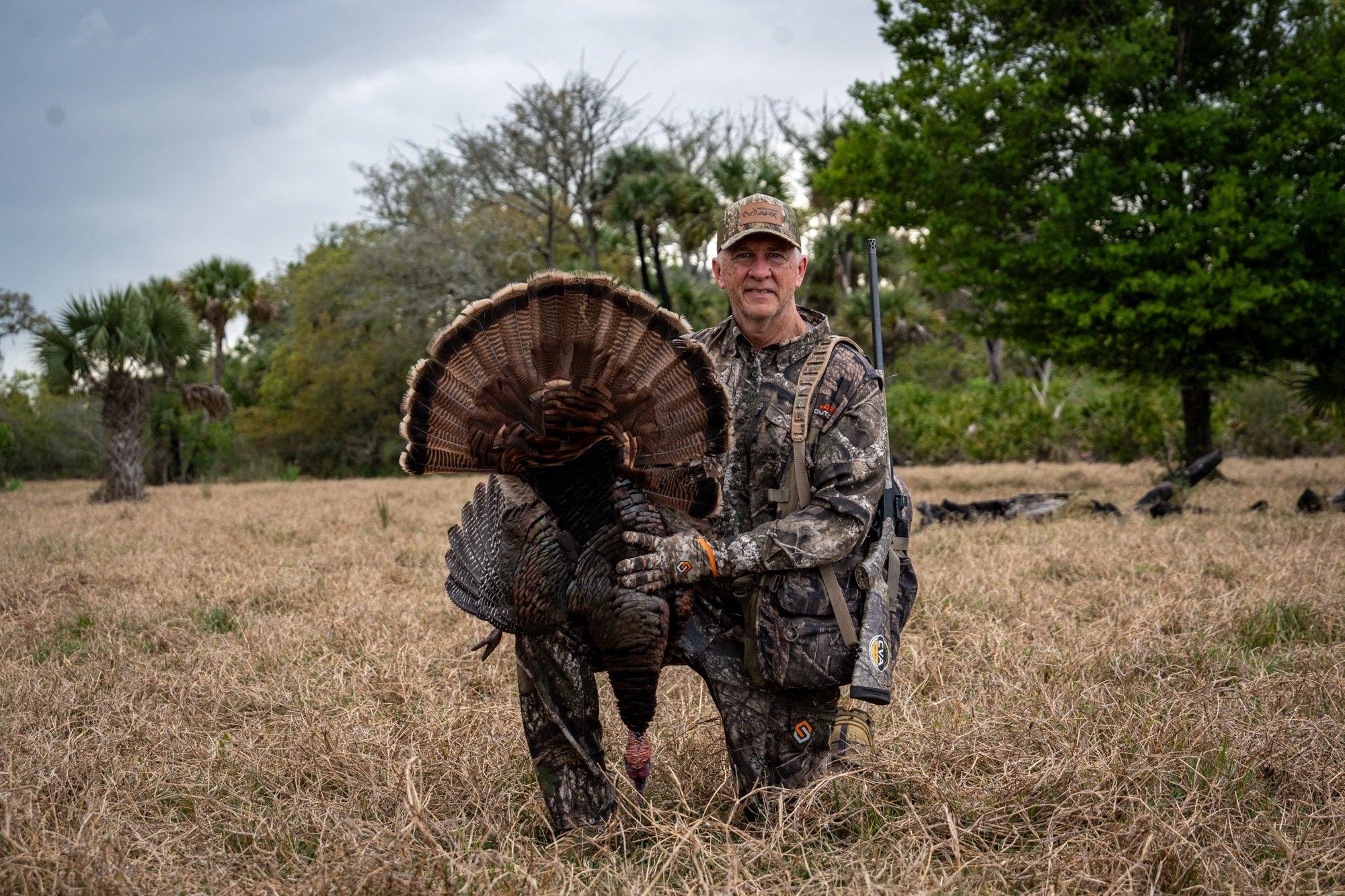
David Blanton tagged out on his first day during his annual hunt with Southern Outdoor Outfitters in South Florida. (Photo by David Blanton)
“They still seem to be fairly flocked up,” Dixon said. "I have been watching two with 20-plus hens. Recently, I have seen some gobbler and jake fights as they begin to sort out the pecking order for the spring."
Realtree’s Michael Pitts said he’s been riding his property in Georgia, where the season comes in at the end of the month. He’s been checking areas that are typical hotspots and is seeing a good bit of sign for this time of the year.
“The birds are still grouped together, so there is either a lot of tracks or none at all. Once they start separating and spreading out on the property, I will have a little better idea of where to consistently find them. They should start breaking up here pretty soon. Next week I will start going out at daybreak and listening, hoping to hear some gobbles.”
Timber to Table Editor Michael Pendley says the Kentucky birds are still in large winter flocks, but the toms are starting to get excited.
“One flock early this week had 48 birds including nine strutters on a ridgetop cattle pasture,” Pendley said. “There’s still not a ton of roost gobbling, but strutters are being seen around field edges during the day. Jake and young gobbler groups are jockeying hard for dominance.”
TFT staff writer Josh Honeycutt recommends conducting a pre-season gobbler count if you plan to hunt Kentucky this spring.
"If you hunt multiple properties, spend the coming days and weekends listening at dawn to conduct a rough pre-harvest gobbler density,” Honeycutt said. “Although turkeys will continue to shift around leading up to the opener, this can help determine where to place your efforts once opening day arrives."
The action is looking good for many of the March openers. States such as Tennessee, Louisiana, North Carolina and South Carolina don’t open until April. Hopefully, those states will produce good action as well.




